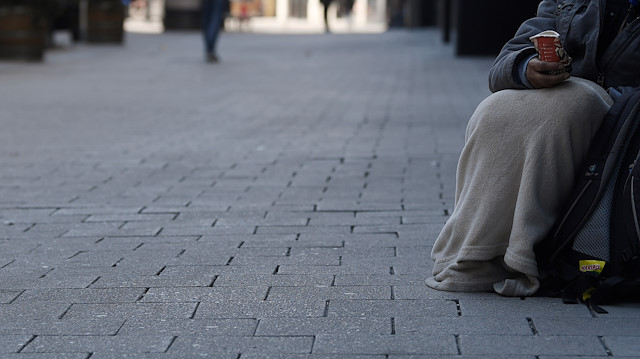
Fight against poverty among greatest challenges in country for years, according to Bertelsmann Foundation
Some2.8 million children in Germany grow up in poverty, with the problem exacerbated by the COVID-19 pandemic, the Bertelsmann Foundation reported on Wednesday.
"The fight against child poverty has been one of the greatest social challenges in Germany for years," said the foundation.
But there has been little improvement within the country since 2014.
The pandemic has been threatening to aggravate the problem of child poverty, the foundation pointed out.
The Bertelsmann study stressedthat child poverty remained "an unsolved structural problem with considerable consequences for the growing up, well-being, education and future prospects of children."
The latest figure for poor children in Germany is up 800,000 compared to only two years ago.
Some 21.3% of people under the age of 18 are reportedly poor in Germany.
The study takes into account children from families whose income is less than 60% of the average of all German households.
According to Joerg Draeger, a board member of the foundation, there is also a risk of a significant rise of poverty in the country.
"Avoiding child poverty must be given political priority, especially in the corona [novel coronavirus] crisis," Draeger said.
Parents of disadvantaged children often work part-time or minimum wage jobs and have consequently been disproportionately vulnerable due to job and income losses during the pandemic.
Meanwhile, the radical leftist opposition party The Left harshly criticized the government of ChancellorAngela Merkel for failing to make any significant progress in recent years on the issue.
"Child poverty in our rich country is an unbelievable scandal, because it blocks the life chances of the children," said Dietmar Bartsch, the head of The Left's parliamentary group.
Children rights activists have repeatedly lashed out at the grand coalition government for lacking a clear strategy of how to tackle the problem of child poverty.
Hello, the comments you share on our site are a valuable resource for other users. Please respect other users and different opinions. Do not use rude, offensive, derogatory, or discriminatory language.
The floor is all yours.








